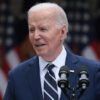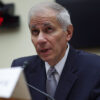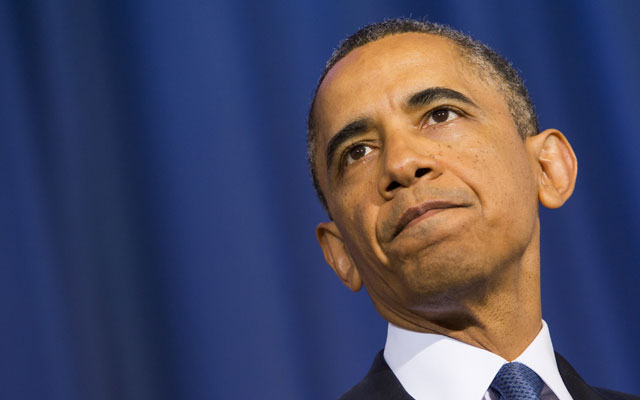President Obama released his Climate Action Plan this week, which laid out his vision for reducing climate change.
Regardless of what one thinks about climate change policy, producing more unsubsidized, affordable, clean, reliable, emissions-free power is a laudable goal. That is why, of all the recommendations that the President puts forth, increasing nuclear energy is perhaps the one thing that could actually attract bipartisan support in Washington and broad public support across the country. The problem is that he does nothing to actually move nuclear energy forward in the U.S., and most of his policies actually hold it back.
The biggest problem is his nuclear waste policy—or lack thereof. Though the pre-Obama policy to put nuclear waste in Yucca Mountain as mandated by the 1982 Nuclear Waste Policy Act needed to be amended, it at least was a policy. And that policy gave the nuclear industry and federal regulators some predictability and confidence that eventually something would be done with America’s nuclear waste.
President Obama’s decision to completely ignore the 1982 law and attempt to terminate the Yucca project has led to a complete unwinding of nuclear waste policy. This has thrust an additional layer of uncertainty onto an industry that was just beginning to emerge from a decades-long hiatus driven by cost, regulatory, and safety uncertainty.
Moreover, instead of identifying policy and regulatory obstacles that could be reformed to help nuclear be more competitive, the President is attempting to subsidize nuclear power into success. For example, instead of developing a rational, flexible, and predictable regulatory process that would allow new nuclear technologies to be efficiently introduced into the market, the President introduced a program where government bureaucrats decide what type of nuclear technology would receive taxpayer money to offset development costs. This unfair, anti-competitive approach reduces nuclear power to being little more than the subject of another big-government program whose future is dependent on perpetual taxpayer support. Nuclear can be so much more.
If President Obama really believes that nuclear power is critical to the future of the country, then he needs to leave his current policies behind and do the following:
- Restart and reform Yucca. The Administration should immediately restart the Nuclear Regulatory Commission’s review of the Yucca Mountain permit. If the commission approves the permit, the permit should be transferred to a Nevada-based entity that can then negotiate directly with the nuclear industry on what, if anything, to do to move the project forward.
- Institute market-based nuclear waste management reform. The U.S. needs a market-based nuclear energy policy. This begins with a nuclear waste policy that gives utilities and other waste producers the primary responsibility for waste management and a system for financing nuclear waste disposal that allows waste producers to directly pay for nuclear-waste-related services.
- Develop a rational, flexible, and predictable regulatory regime. The nation needs a regulator that can issue permits for new plants on a predictable basis at a reasonable cost and is capable of regulating multiple types of reactors and other industrial facilities such as used fuel treatment plants.
Putting aside the many scientific and policy questions raised by the President’s energy agenda, the fact is that his rhetoric often does not match his stated policy goals. If his goal is to drastically reduce CO2 emissions, it would make sense to call for more nuclear energy. After all, nuclear fission is the one energy source that currently provides Americans with affordable, emissions-free electricity. It’s time the President walked the walk.





























